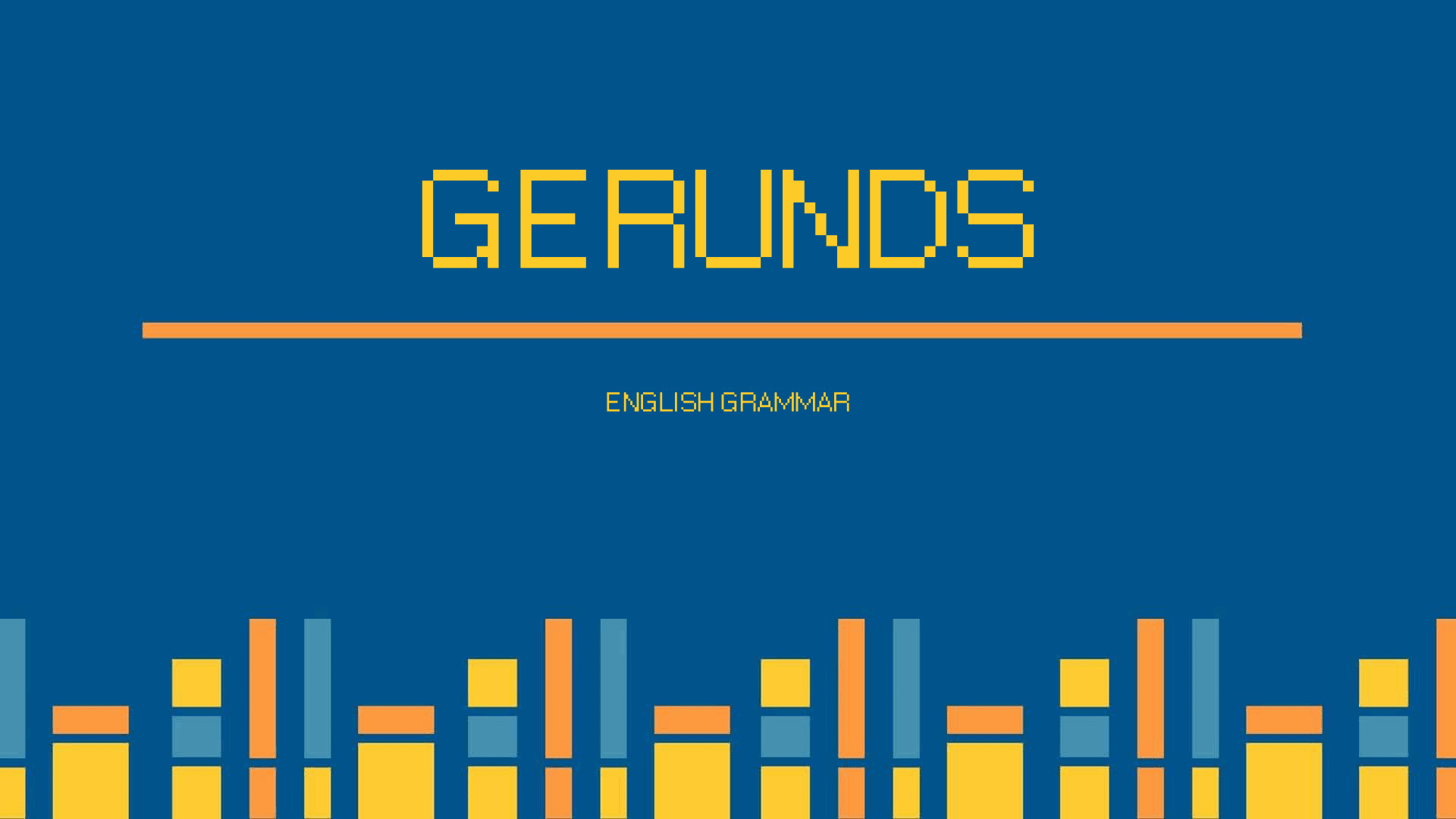Gerunds
What is a Gerund?
A Gerund is a verbal noun (A noun formed from a verb) which ends in -ing.For example,
- Eating.
- Taking.
- Swimming.
- Running.
- Walking.
A gerund always acts as a noun. Therefore a gerund can be a subject, object, complement,* or object of a preposition.
*(Complement is a word, clause, or a phrase that is required to complete the meaning of a sentence. Complements will be explained in detail in a separate post)
1. Examples of gerund used as subject:
- Asking questions is easy.
- Answering questions is not very easy.
- Swimming is a good exercise.
- Eating ice cream is not good for health.
- Seeing is believing.
In all the above sentences, the words written in bold letters are gerunds (word formed adding -ing to the verbs ask answer, swim, eat, and hear).These are the subjects of the sentences.As the subject of a sentence is noun, here, these gerunds function as nouns.
2. Examples of gerund used as object of transitive verbs. :
- Children love making snowman.
- Girls like dancing.
- A miser hates spending money.
- I like reading poetry.
- She heard her mother calling her. (calling gerund and “her mother calling her” is gerund phrase)
In all the above sentences, the words written in bold letters are gerunds (words formed adding -ing to the verbs make, like, spend, read, and call).These are the objects of the transitive verbs preceding them. As the objects of transitive verbs are nouns, in the above sentences, these gerunds function as nouns.
3. Examples of gerund used as complements:
- Seeing is believing.
- The baby seemed sleeping.
- The girl seemed crying.
- The bird disappeared flying.
- The sky looks threatening.
In all the above sentences, it can be seen that the words written in bold letters are gerunds. Here it is obvious that they are functioning as complements.
4. Examples of gerunds used as objects of preposition:
- I am tired of waiting.
- John is fond of swimming.
- The children were prevented from playing with bad boys.
- I have an aversion to drinking.
- We spent the time in playing chess.
In all the above sentences, it can be seen that the words written in bold letters are obviously gerunds. It can also be seen that each of them is object of the preposition preceding it.
Gerund and present participle
Like Gerund, present partciple* also ends in -ing. Although the gerund and present participle are look – alikes, their functions are entirely different. Both are formed by adding -ing to the verb. But gerund is verbal noun whereas present participle is verbal adjective.
He is fond of playing cricket. (Here “playing” is gerund being the object of the preposition, of.)
Playing cricket, he gained health. (Here “playing” is present participle being verbal adjective)
*Particles will be explained in detail in another post.
Perfect Gerund: The gerund has two tenses. Present and present perfect. Perfect gerunds with transitive verb occur in passive voice too.
Examples of the usage of the gerund, “taking” in present tense, and perfect tense are given below in both active and passive forms:
Active form Passive form Present: taking Present: being taken
Perfect: having taken perfect: having been taken
Compound words formed using gerunds: Many compound words are formed joining gerunds and nouns. The meaning of these compound words may be different from the individual words with which they are made of.
Examples:
- Reading room.
- Walking stick.
- Dining table.
- Bleaching powder.
- Washing powder.
- Shaving cream.
All the compound words, formed by joining a gerund with a noun, are used as nouns.
Gerunds and infinitives
Both the gerund and infinitive*have almost the same use. Thus in many sentences either of them may be used without any special change in meaning. Examples:
- Walking in the morning is good for health. (In this sentense, Gerund is used as subject). To walk in the morning is good for health. (Here, infinitive is used as subject).
Some more examples.
- I like reading. (gerund) I like to read.(Infinitive)
*Infinitives have been explained in detail in separate post.
Gerund Phrase
What is a gerund phrase?
A Gerund phrase is a phrase containing a gerund and any other words associated with it. In a sentence, a whole gerund phrase acts as a noun. It can be subject of a sentence or object.
*” Gerund phrase “has been explained in detail in a former post titled, “Types of phrases”
Note: Work sheets on gerunds will be posted in a separate post.

Leave a Reply